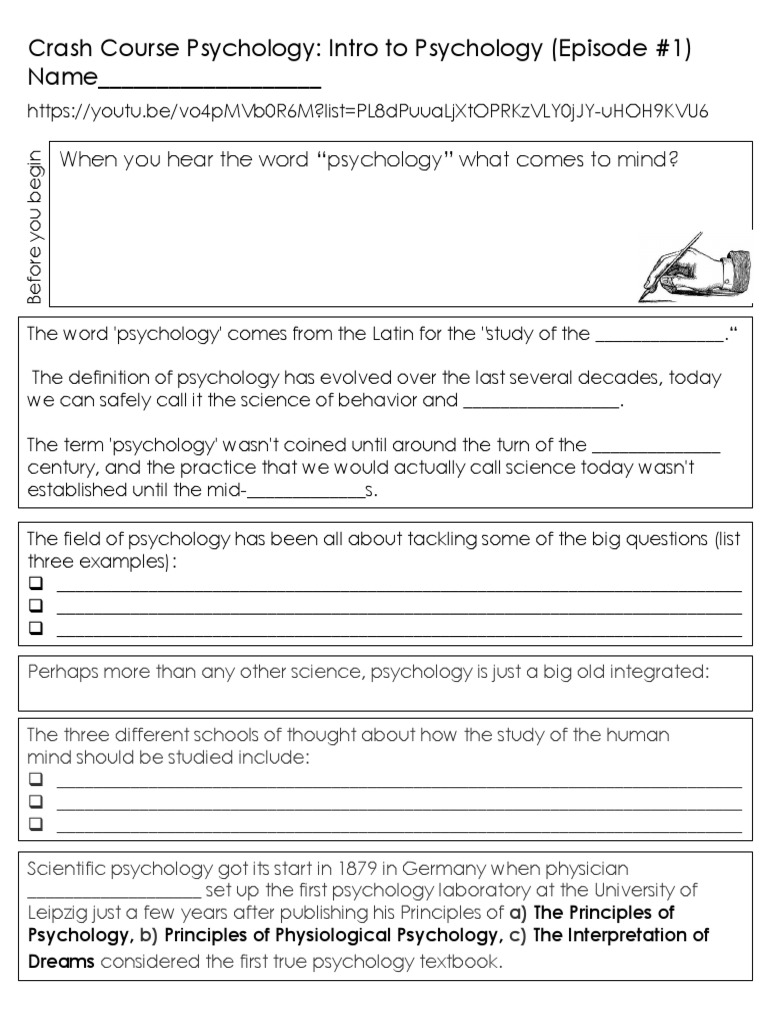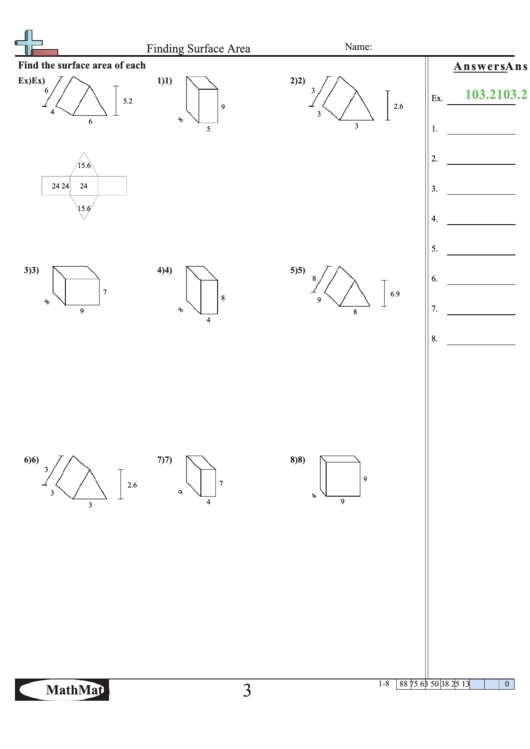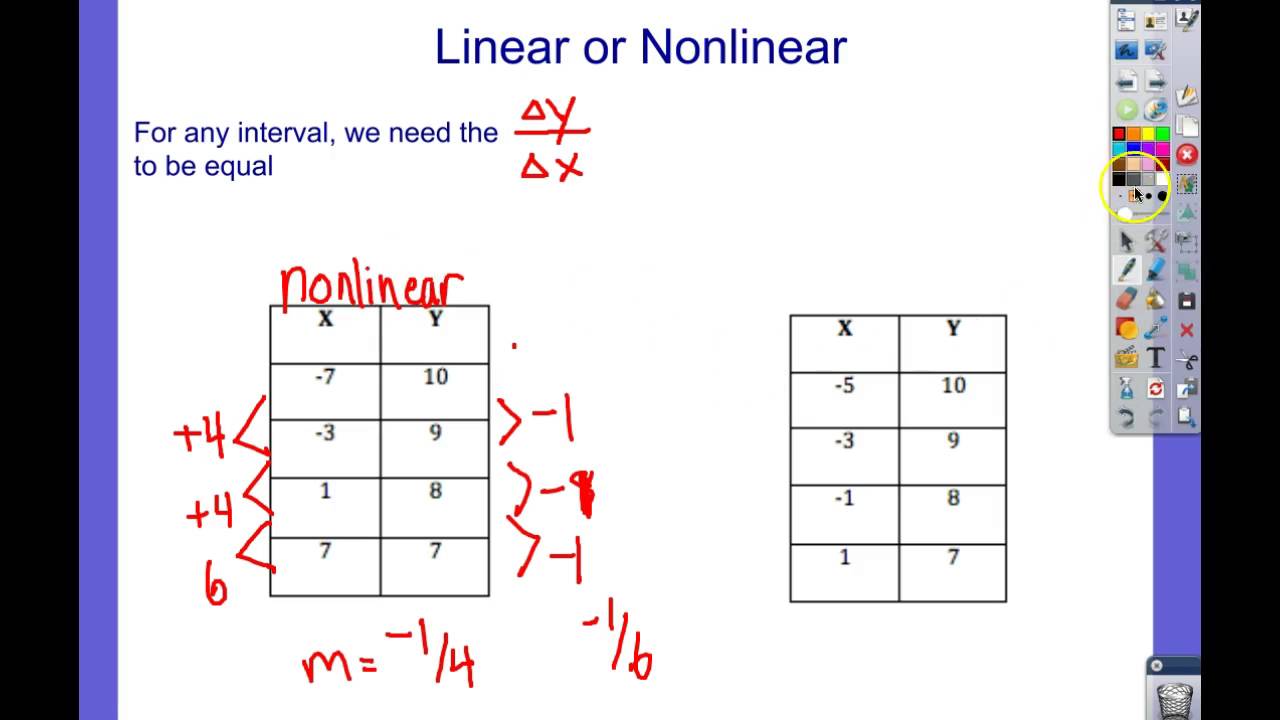Master 7 Ways to Build Compound Complex Sentences

Understanding Compound Complex Sentences
Compound complex sentences are a type of sentence structure that combines two or more independent clauses (i.e., clauses that could stand alone as separate sentences) with one or more dependent clauses (i.e., clauses that cannot stand alone). This creates a complex sentence structure that can convey nuanced ideas and relationships between clauses. Mastering compound complex sentences can enhance your writing and speaking skills, allowing you to express yourself more effectively.
Why Use Compound Complex Sentences?
Compound complex sentences offer several benefits:
- Clarity: By combining multiple clauses, you can provide more context and clarify relationships between ideas.
- Efficiency: Compound complex sentences can convey multiple ideas in a single sentence, making your writing more concise.
- Emphasis: By varying sentence structure, you can emphasize certain ideas or create suspense.
7 Ways to Build Compound Complex Sentences
Here are seven methods to build compound complex sentences:
1. Using Subordinating Conjunctions
Subordinating conjunctions (e.g., because, although, if) can connect dependent clauses to independent clauses.
- Example: I went to the store because I needed milk, but I also picked up some eggs.
- Breakdown:
- Independent clause: I went to the store
- Dependent clause: because I needed milk
- Independent clause: I also picked up some eggs
2. Using Relative Clauses
Relative clauses (e.g., which, who, that) can connect dependent clauses to independent clauses.
- Example: The book, which I had been searching for, was finally available online.
- Breakdown:
- Independent clause: The book was finally available online
- Dependent clause: which I had been searching for
3. Using Participial Phrases
Participial phrases (e.g., having, being, having been) can connect dependent clauses to independent clauses.
- Example: Having finished my homework, I went to bed early.
- Breakdown:
- Independent clause: I went to bed early
- Dependent clause: Having finished my homework
4. Using Infinitive Phrases
Infinitive phrases (e.g., to, in order to) can connect dependent clauses to independent clauses.
- Example: I went to the gym to work out before dinner.
- Breakdown:
- Independent clause: I went to the gym
- Dependent clause: to work out before dinner
5. Using Compound Subjects or Predicates
Compound subjects or predicates can combine two or more independent clauses.
- Example: I studied and practiced for hours before the exam.
- Breakdown:
- Independent clause: I studied
- Independent clause: I practiced
6. Using Correlative Conjunctions
Correlative conjunctions (e.g., both…and, not only…but also) can connect independent clauses.
- Example: I not only studied for the exam, but also attended a review session.
- Breakdown:
- Independent clause: I studied for the exam
- Independent clause: I attended a review session
7. Using Absolute Phrases
Absolute phrases (e.g., with, in) can connect dependent clauses to independent clauses.
- Example: With my bags packed, I left for the airport.
- Breakdown:
- Independent clause: I left for the airport
- Dependent clause: With my bags packed
📝 Note: Remember to use commas to separate independent clauses in compound complex sentences.
Conclusion
Mastering compound complex sentences can enhance your writing and speaking skills, allowing you to convey nuanced ideas and relationships between clauses. By using subordinating conjunctions, relative clauses, participial phrases, infinitive phrases, compound subjects or predicates, correlative conjunctions, and absolute phrases, you can build complex sentence structures that effectively communicate your ideas.
What is the purpose of compound complex sentences?
+Compound complex sentences provide clarity, efficiency, and emphasis in writing and speaking.
How do I use subordinating conjunctions to build compound complex sentences?
+Subordinating conjunctions (e.g., because, although, if) can connect dependent clauses to independent clauses.
What are correlative conjunctions, and how do I use them?
+Correlative conjunctions (e.g., both…and, not only…but also) can connect independent clauses in compound complex sentences.
Related Terms:
- Compound-complex sentence examples
- Compound-complex sentence pdf
- COMPOUND SENTENCES worksheet pdf
- Compound-complex sentence Quiz



